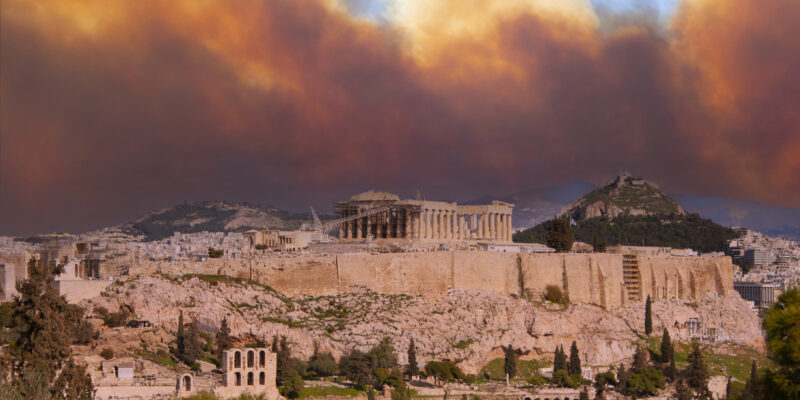Comment
Insights and expert analysis on climate issues.
Share

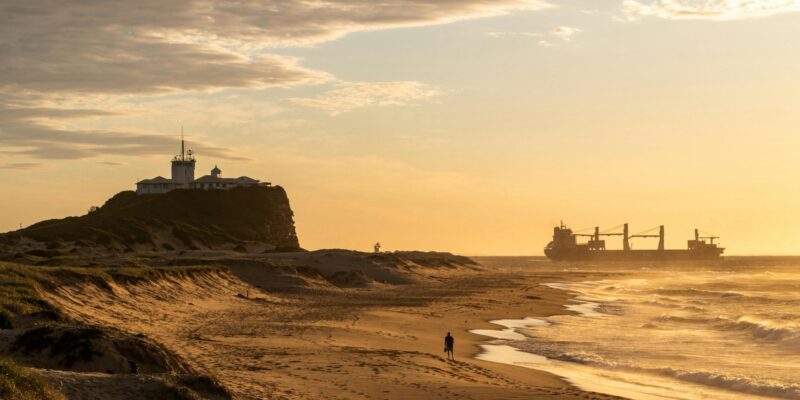
Dug up in Australia, burned around the world – exporting fossil fuels undermines climate targets
Bill Hare
Our research found Australia’s coal and gas exports were responsible for 1.15 billion tonnes of CO₂ emissions in 2023. An additional 46 million tonnes of CO₂ were emitted domestically in the process of extracting, processing and distributing those fossil fuels purely for export. That takes the total to 1.2 billion tonnes of CO₂ attributable to fossil fuel exports.

Delay tactics at IPCC-61 could put science inputs to the UNFCCC at risk
Uta Klönne, Dr Fahad Saeed
The latest Plenary of the Intergovernmental Panel on Climate Change (IPCC) has just concluded in Sofia, Bulgaria. Despite days of deliberation, delegates were not able to agree on delivering the next round of reports in time for the second global stocktake, despite a request to do so from governments in the first global stocktake outcome agreed in Dubai last year.
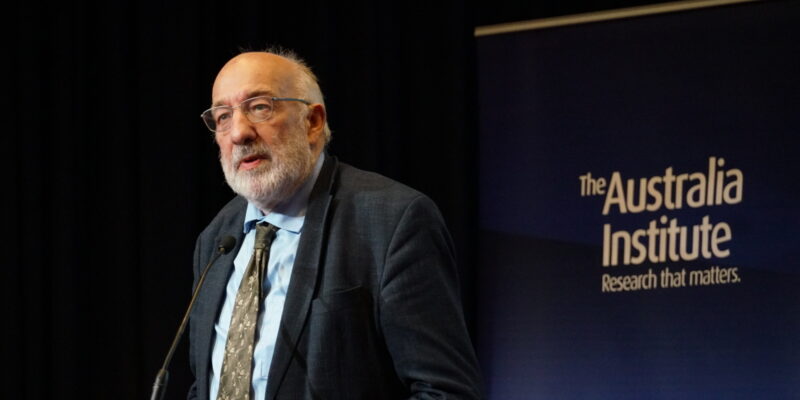
"One of the key things about this whole problem is that the only way to solve it is that we need to rapidly reduce and phase out fossil fuels. That can’t wait a decade. We need to be making substantial reductions this decade," Bill Hare said in address to the Australia Institute’s Climate Integrity Summit on 20 March 2024.
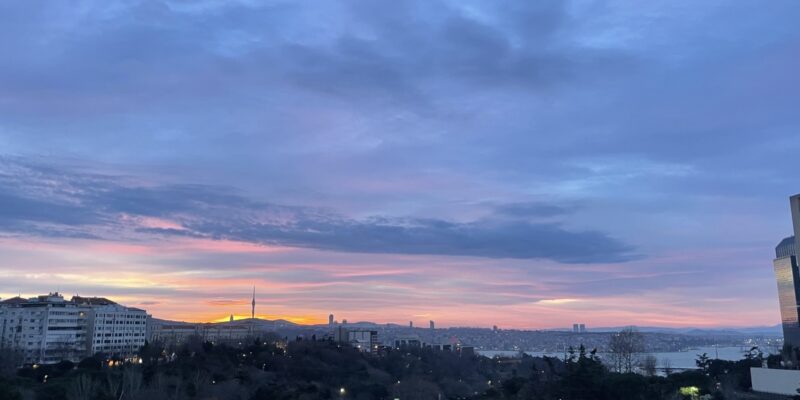
The IPCC set to respond to growing demand for climate science to inform policy
Dr Carl-Friedrich Schleussner, Uta Klönne
Last week in Istanbul, climate scientists and governments met in the sixtieth session of the Intergovernmental Panel on Climate Change (IPCC) to agree a plan for its seventh, and potentially most consequential report cycle. The outcome means the IPCC will most probably take a more streamlined approach to its seventh cycle.
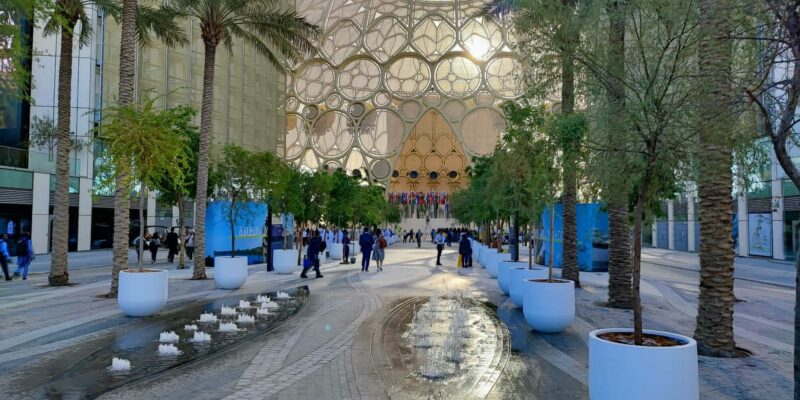
"The only GST that matters for 1.5°C": key takeaways from the first global stocktake at COP28
Dr Neil Grant, Bill Hare, Dr Carl-Friedrich Schleussner
We breakdown the key takeaways from the first global stocktake (GST) since the Paris Agreement and how it sets the stage for the next two years in climate.
